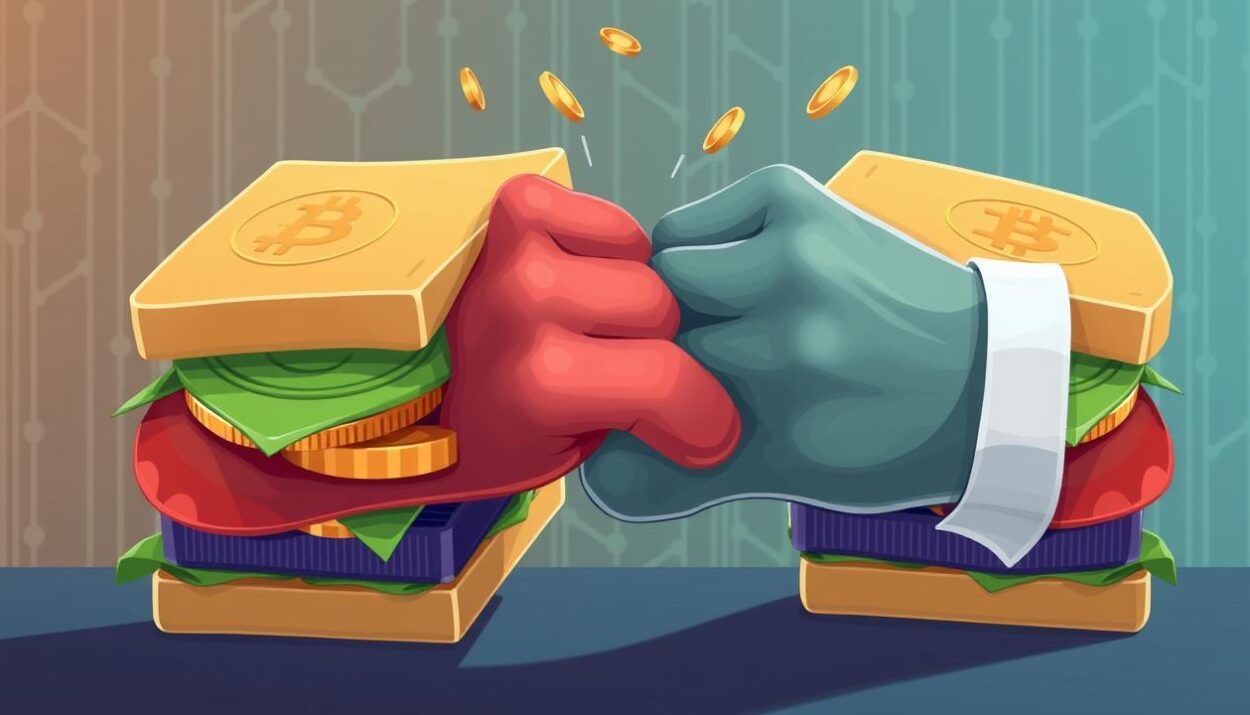BNB Chain Users Vote to Eliminate Maximal Extractable Value (MEV) Issues
On February 7, Binance founder Changpeng Zhao posted a poll on X asking if BNB Chain should eliminate/aggressively reduce Maximal Extractable Value (MEV) issues. The results showed that over 80% of users voted in favor of eliminating MEV issues, which have reportedly cost BNB Chain users over $1 billion in the 2020s.
What is MEV?
Maximal Extractable Value (MEV) refers to the maximum amount of fees extracted by a validator of network transactions through reordering or rearranging the transactions waiting to be included in the block. This allows validators to orchestrate price changes on the market, adjusting price movements by changing the sequence of orders. MEV is sometimes called an “invisible tax.”
The problem was first outlined in 2014 when an anonymous Reddit user expressed concerns over potential front-running by miners in the Ethereum network. Long before the DeFi boom, the commentator nailed the possible abuse of the system:
“For example, in an ethereum decentralized stock exchange, I could run a miner (or rather many miners) processing exchange transactions. When a large buy order comes in, I could delay it on all my miners, put a buy order in myself on all my miners simultaneously, and then process the original transaction. I would get the best price and could possibly even sell to the originator for an immediate profit.”
Although MEV is widely associated with the Ethereum network, BNB Chain users faced serious problems with it. As we can see from their votes, they had had enough.
MEV Attacks and Their Impact
Various manipulations take place on Automated Market Making platforms via bots. One of the nastiest MEV attacks is called the “sandwich attack.” This refers to placing a target order between two orders of the bad actor to manipulate the price and close the position at a more favorable price.
In 2021, BNB Chain users allegedly lost around $300 million in sandwich attacks. However, the peak harm was reported in 2024, when a single bot squeezed around $40 million in sandwich attacks within three months, while the overall cost of sandwich attacks amounted to $1.5 billion.
Why Not Eliminate MEV Issues?
Should the BNB dev team introduce solutions that limit MEV attackers, or should everything stay the way it is? There is no single answer to this question. The concerns over MEV attacks are not hard to grasp. These attacks are deemed unethical, as bad actors exploit the network vulnerabilities to gain profits from people exchanging crypto.
Observers argue that the opportunity for MEV attacks incentivizes more validators, boosting decentralization and making the network safer for all. However, this approach ignores the similarities between such an MEV trick as the time bandit attack and the infamous 51% attack, which is the very opposite of decentralization and safety for all.
Possible Solutions
Zhao himself admits that MEV-related problems cannot be “completely” stopped, but there are ways to reduce the harm. Some possible solutions include:
- Remote procedure calls (RPCs), which direct transactions to a private mempool, making it harder for bad actors to deploy sandwich attacks.
- The Proposer-Builder-Separation (PBS) model, which outsources the proposals of blocks to separate actors who prepare blocks for validators who choose the most lucrative options but cannot exploit them.
- Increasing the number of relays of the BNB Chain may be another way to limit the impact of MEV attacks.
Given that there are already several solution projects in the works and the amount of money made through MEV attacks, the high support for MEV reduction doesn’t seem surprising.
Stay up-to-date with the latest news and developments in the world of cryptocurrency and blockchain on Global Crypto News.
























